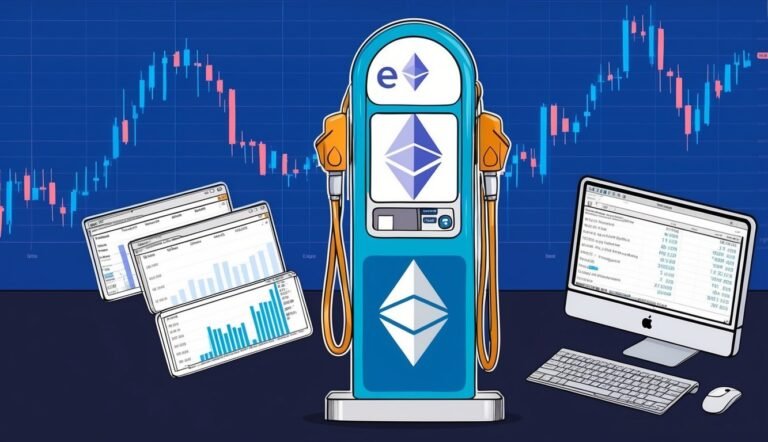
What are Security Tokens? A Quick Guide for Beginners
Security tokens are digital assets representing ownership in real-world assets, utilizing blockchain technology for easier trading and legal protection akin to traditional securities.

Security tokens are digital assets representing ownership in real-world assets, utilizing blockchain technology for easier trading and legal protection akin to traditional securities.

Kava, derived from the Piper methysticum plant, is a traditional drink known for its calming effects and potential use in anxiety relief.

Stablecoins maintain steady value by pegging to real-world currencies, but they face price volatility, regulatory challenges, and security risks that can impact user trust and financial stability.

Tokenomics defines the economic principles governing cryptocurrencies, focusing on supply, demand, distribution, utility, and governance to assess a token's potential value and sustainability.

Proof of Stake (PoS) enhances blockchain security by allowing users to stake cryptocurrency for transaction validation, reducing energy consumption and increasing network participation.

USDK is a stablecoin designed to maintain a 1:1 value with the US dollar through algorithms and smart contracts, operating primarily on the Ethereum platform.

Ethereum gas fees are costs paid in ETH for transactions and smart contracts, varying based on network congestion and transaction complexity. They ensure network security and efficiency.

Tether (USDT) is a stablecoin pegged to the US dollar, providing stability for trading and transactions in the cryptocurrency market across multiple blockchain platforms.

Terra (LUNA) is a blockchain platform that offers stablecoins for everyday transactions, utilizing LUNA tokens for price stability and supporting decentralized applications.

Wrapped tokens enable cryptocurrencies to function across different blockchains, with Wrapped Bitcoin (WBTC) being a prominent example that allows Bitcoin usage on Ethereum's DeFi platforms.